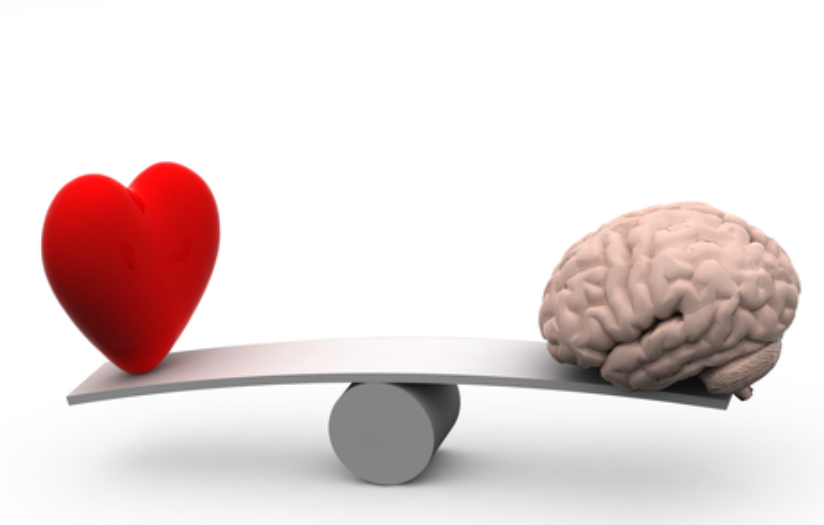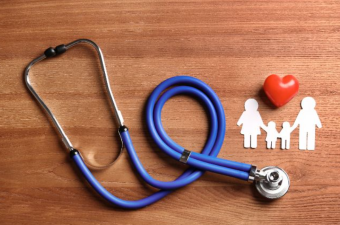The body and mind are closely connected, like inseparable twin brothers and sisters. We often emphasize the importance of mental health, but often overlook the equally crucial role physical health plays in mental well-being.In the fast-paced life of modern society, people are increasingly concerned about their health. However, many people tend to focus on physical health while neglecting the importance of mental health. In fact, mental and physical health are inseparable, complementing and influencing each other. Understanding the connection between mental and physical health not only helps us better maintain our health but also helps us maintain a positive attitude when facing life's challenges.
In the fast-paced world of modern society, people are increasingly concerned about their health. However, many tend to focus on physical health while neglecting the importance of mental health. In reality, mental and physical health are inextricably linked, mutually reinforcing and influencing each other. Understanding the connection between mental and physical health not only helps us better maintain our health but also helps us maintain a positive attitude when facing life's challenges.

The Interaction Between Physical and Mental Health
The interaction between the body and mind is complex and profound. Physical health has both direct and indirect impacts on mental health:
- Chemical Balance: The body's chemical balance directly influences mental health. For example, neurotransmitters in the brain, such as serotonin and dopamine, are affected by physical health. Deficiencies in key nutrients can lead to imbalances in these neurotransmitters, which in turn affect mood and cognitive function.
- Inflammation and the Immune System: Inflammation and immune system activity are also closely linked to mental health. Chronic inflammation is linked to symptoms of anxiety and depression. Therefore, by maintaining an anti-inflammatory state, you can reduce the risk of anxiety and depression.
- Physical Activity: Exercise benefits both physical and mental health. Exercise helps release endogenous hormones, such as endorphins and dopamine, which elevate mood and reduce anxiety and stress.
- Sleep: Sleep is a critical time for the body to rest and repair. Poor sleep quality has been linked to anxiety, depression, and cognitive decline. Maintaining healthy sleep habits is crucial for mental health.

Key Elements of Physical Health
- To maintain physical health and promote mental health, it's important to focus on the following key elements:
- Diet: A balanced diet is essential for physical and brain function. Consuming adequate amounts of vegetables, fruits, protein, and healthy fats helps provide the nutrients needed to maintain physical and brain function.
- Exercise: Regular physical activity not only helps maintain a healthy weight but also improves mental health. The recommended amount of exercise is at least 150 minutes of moderate-intensity aerobic activity per week.
- Sleep: Establish a regular sleep schedule and ensure a sufficient 7-9 hours of sleep per night. Avoid both insufficient and excessive sleep. 5. Coping with Stress: Learning to manage and reduce stress is crucial for both physical and mental health. Deep breathing, meditation, rest, and social interaction can all help manage stress.
- Social Connection: Staying connected with friends and family, and building and maintaining social connections, is crucial for maintaining mental health.
- Drinking Water: Adequate fluid intake is crucial for maintaining normal bodily function. Dehydration can affect mood and cognitive function.
- Quitting Smoking and Limiting Alcohol: Quitting smoking and limiting alcohol intake can help reduce the body's exposure to harmful substances and improve mental health.
Manifestations of Mental Health
- The link between physical health and mental health can be demonstrated in the following ways:
- Emotional Stability: People with good health are more likely to maintain emotional stability. They are better able to cope with stress and have greater emotional balance.
- Cognitive Function: A healthy body contributes to a healthy brain. Cognitive functions, such as memory, learning, and decision-making, benefit from good physical condition.
- Self-Esteem and Confidence: People with good health tend to have higher self-esteem and confidence. They are satisfied with their bodies and appearance, which contributes to higher self-esteem.
- Sleep Quality: A healthy body helps maintain healthy sleep quality. Good sleep is crucial for emotional stability and cognitive function.
- Social Interaction: People who are physically healthy are more likely to actively participate in social activities and build and maintain social relationships.







